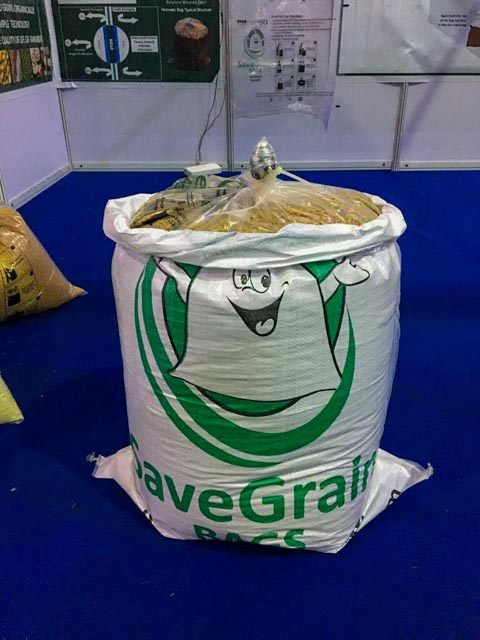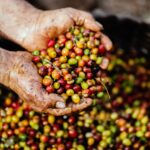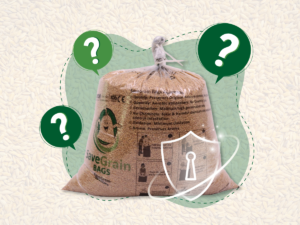No industry has been allowed to go scot-free ever since the pandemic took control of our lives. Business activities have been completely disrupted. Economic growth is far from its ideal potential. Agriculture has also been put at severe risk. According to the Food and Agricultural Organisation, Food security exists when all people, at all times, have physical and economic access to sufficient safe and nutritious food that meets their dietary needs and food preferences for an active and healthy life.
In a world where food security is already a grave challenge, covid-19 has taken us several steps backwards. The world’s Sustainable Development goal of Zero Hunger 2030 now seems like a distant objective. The multiplicity of hindrances has left us with too much on our hands and too little for the health of our people.
The Blows to Agriculture
Agricultural production has decreased in terms of capacity for a variety of reasons. The necessary lockdowns have impeded production cycles, processing and labor availability. Further, there has also been a shortage of fertilizers, pesticides and other inputs. From the demand side, the closure of restaurants and restricted grocery shopping has also resulted in infrequent production. Adequate storage practices would have mitigated the above problems to an extent and accounted for sustaining the potency of grains despite a decrease in demand.

Our individual dependence on particular grains has seen a loss and affected communities at large. For example, 300 million people in Africa alone consume one of the staple grains such as maize. Moreover, Asia, itself, produces and consumes 90% of the rice. Therefore, any mismanagement in the rice industry or a defect in the supply of maize will cause widespread ripples. Such issues will have an effect on the culture and food habits of an enormous population, further endangering the food security of the people.
Who is really affected?
To keep the food system going, in April, the World Bank made it a primary and essential responsibility that countries must cooperate in running the food value chains effectively. To protect the import- dependent countries and ensure all round nutritional well being of citizens, it is imperative to keep the global food markets up and running.
One cannot risk physical health in a time where the physical health of the people is itself being threatened. Thus, while global cooperation has effectively combated some issues, the real challenge lies at the country and local levels. Halt of internal transportation networks and retail level inflation caused by distress sales has caused a sense of panic in food security goals. The small scale levels are bearing most of the brunt and consequences of a world trying to read just to normality. Post harvest losses are also at a rise due to the lack of warehouse facilities and cold storage equipment. Such factors are important to ensure ease in supply of raw materials to agro-processing industries to further manufacture and supply other dependent products to consumers.
The Importance of Storage for Stockpiling
Stockpiling is an important way of countering the changes that we are facing today. Food security to all can only be ensured when there is no loss of availability. But availability is not the only important factor. Food security can only be achieved when the food is available to all and is also nutritious. Elevating the overall health of society is critical to mitigate the effects of hunger and malnutrition. Even at the end of the harvest season, there should be enough stock to feed large populations for the rest of the year.
Storing these commodities carefully becomes a target objective to achieve food security. Grains are sensitive. Not all grains can be subjected to the same levels of temperature and moisture. It is important to establish suitable storage systems in line with the needs of grains to keep them fresh and healthy. Insect infestations and mold growths can occur rampantly if storage is not adequately air tight or moisture free. Insects can completely destroy crops and mold can put people at health risks if ingested. To maintain the vitality of grains, storage is an essential step in their preservation. The right storage can also further enhance nutrient value and taste.
The Use of Hermetic Bags
Hermetic bags are a great rescue in a time of such scarcity. Made with a special blend of polymers, these bags lock in freshness and can keep food imperishable for a long time. Commodities like wheat, lentils and other dry grains can be easily stored in these bags.
With air-tight storage, the bags reduce infestation possibilities and retain the perfect amount of moisture inside.
As the leading company for hermetic solutions, Save Grain Bags‘ products can be lifesavers in times of unsatisfactory food security. Our hermetic bags come with a separate zipper, are portable and are usable both in warehouses and personal storerooms. Save Grain Bags’ hermetic bags can safely preserve up to several kilograms of dry agricultural commodities. The bags wipe out any insects within just a few days of storage, all without the use of any pesticides. Say goodbye to all your food security problems by ensuring long-term storage and good health for all.






